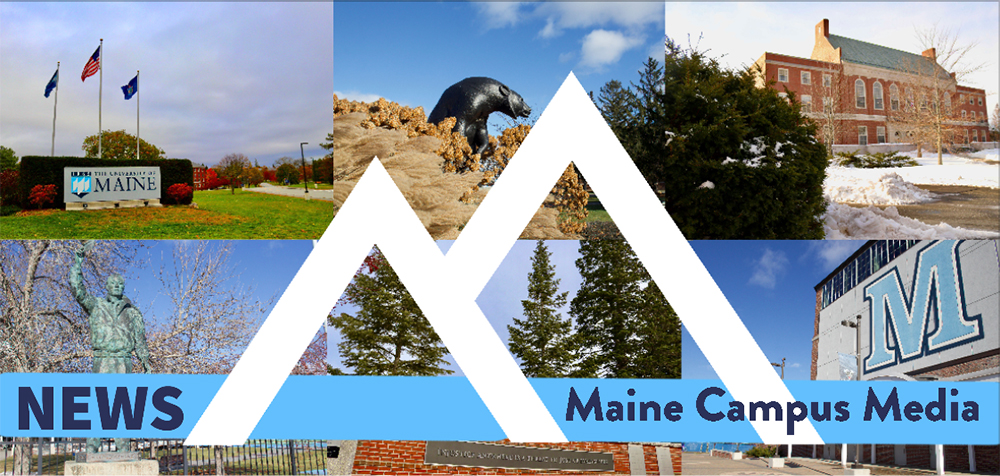The CMJ Fall 2022 Colloquium Series introduced a collaborative presentation on the topic of how educators can make their classrooms safer and more accommodating to LGBTQ individuals. The presentation was led by a Social Sciences Librarian, Jen Bonnet; an Assistant Communications and Journalism (CMJ) Professor, Dr. Liliana Herakova and second-year master’s student Tausif Karim on Nov. 7.
The slideshow introduced the subject by asking the audience to reflect for a moment on some ways in which our educational settings can be more LGBTQ affirming. On menti.com, students were able to respond to this prompt anonymously. The basis for designing the challenge and the most important element is allowing students a space for vulnerability and honest feedback.
“If the classroom is not a nurturing environment for diverse and inclusive voices to bloom, it won’t have as much of an impact on their minds,” Karim said.
The intention of creating a queer communication pedagogy is to challenge and critique oppressive or discriminatory power dynamics within our educational system. Its function is centered around LGBTQ content and voices and privileges relationality and coalitional politics whilst questioning oppressive structures through a counternarrative. The main objective is to offer critical hope for intersectional action.
In April 2022, a five-day challenge was implemented with over 1,400 participants. Day one focused primarily on introducing the concept as well as distinguished labels. Day two was centered around cis-heteronormativity. The third delved into intersectionality, and the fourth provided educational contexts. The fifth and final day allowed students to create a personal action plan.
“In addition to the development of the program itself, we also wanted to study the potential impact and ways that participating in an LGBTQIA+ affirming curriculum might potentially build allyship towards related populations and issues,” Bonnet said.
Following the challenge, a pre- and post-test survey was sent out, asking 160 participants a series of demographic questions regarding distinctive identities and exposure to topics and issues within their formative years. The program consisted of three subsets: knowledge and skills, openness and support and oppression awareness.
Among the participants, 55% were straight and 40% fell under the LGBTQ umbrella. Furthermore, the vast majority were white, cis females. When asked if topics regarding marginalized groups were introduced in adolescence, it was discovered that 90% of the participants did not learn about it in high school and 75% did not learn about it from their parents either. According to the panelists, this lack of exposure is incredibly jarring and often proves detrimental to a student’s ability to properly understand both themselves and others.
“Much of the educational system specifically privileges the mind or literal knowledge over emotional knowledge,” Herakova said.
Qualitative data was received through anonymous discussion boards. It served as an opportunity to reflect on the day’s content and answer specific questions. Various patterns emerged in collaborative learning. The analysis found that learning was mainly done through sharing resources and ideas, naming identities and experiences, structural-level advocacy and expressing effect.
The demographic characteristics of the sample measured a great deal of whether we speak of LGBTQ experiences, identities and activism in concrete terms or universally with the assumption that what one believes is applicable to everyone. The queer communication pedagogy consistently expands to adhere to the community’s needs and desires. According to the speakers, in order to provide all students with equal opportunities we must work together to amplify marginalized voices.
The presenters concluded their discussion by taking a moment to mention as well as thank Nancy Lewis, the librarian for the women’s, gender, & sexuality studies, for her consultation and input on the program.
The challenge remains live and accessible via the following link: https://libguides.library.umaine.edu/lgbtq








